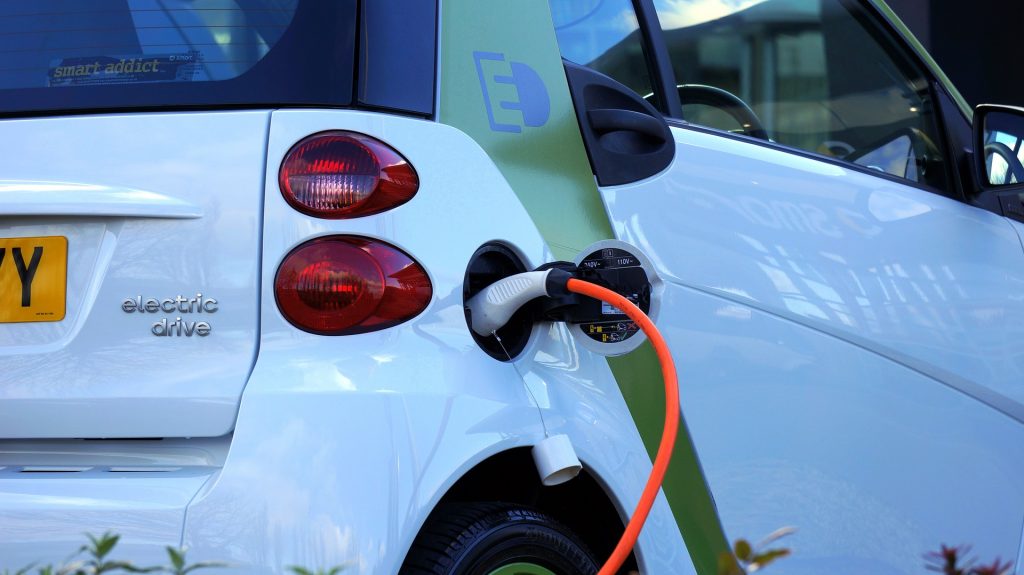

The Goethe-Institut is showing our critical e-car film as part of its Science Film Festival in Egypt, Ethiopia, Indonesia, Kenya, Mozambique, Rwanda, Singapore and Vietnam. More info here.
Available for streaming here : WDR documentary channel on Youtube
A film by Florian Schneider and Valentin Thurn
From the series "The Story" ◾️ On behalf of ARD
More than 47 million cars on our roads make for bad air and fuel climate change. Electric cars are supposed to change that, because they are touted as emission-free.
But are they really the salvation for the environment and climate? After their documentary "Can the electric car save the environment?" presented sobering facts in 2019, authors Florian Schneider and Valentin Thurn are now putting the e-car to the test once again.
Problem battery production
The largest component of an electric car, weighing several hundred kilograms, is the battery. An important component is lithium, a metal whose extraction destroys fragile ecosystems in South America and robs the local population of land and water. The authors have conducted on-site research and show the effects of the lithium boom: an ecological and human catastrophe, accepted for the "zero-emission car" in Europe. And the production of electric cars requires many other raw materials besides lithium, the extraction of which also destroys the environment. Researchers at the Wuppertal Institute for Climate, Environment and Energy have calculated: The environmental impact of all the materials used in production is twice as high for e-mobility compared to cars with combustion engines.
Climate benefits from electric cars?
And do e-cars help in the fight against climate change? For this story, scientists at the Fraunhofer Institute for Systems and Innovation Research have calculated this on the basis of the latest studies. The results show that e-cars are better for the climate than cars with combustion engines. But by no means right from the start. Even electric cars with small batteries only achieve a climate benefit after many thousands of kilometers. And some cars with a long range only save CO2 after more than 150,000 kilometers have been driven. How is that possible? The problem is still the production of the battery, which is very energy-intensive and still produces enormous amounts of a lot of CO2.
However, green electricity in battery production can improve the climate footprint of e-cars. Volkswagen, for example, has announced that it will use green electricity to produce the ID.3, the first German e-car for the mass market, in a climate-neutral way. But research by the story shows that VW's electric car is not as green as announced.
Editorial: Martin Suckow (WDR)
TV-Premiere:
29.Januar 2020, 22.10 Uhr, WDR
Repetition:
18. November 2020, 3sat
THURN FILM, an independent production company for documentary films,
was founded in 2003 by Valentin Thurn.
ThurnFilm GmbH
Neven-DuMont-Straße 14
50667 Köln
Tel.: +49 221 25 89 01 90
Produktion@ThurnFilm.de
ThurnFilm GmbH
Stadermoor 56
21683 Stade
Tel.: +49 157 894 683 76
ThurnFilm GmbH
Senefelderstrasse 77a
70176 Stuttgart